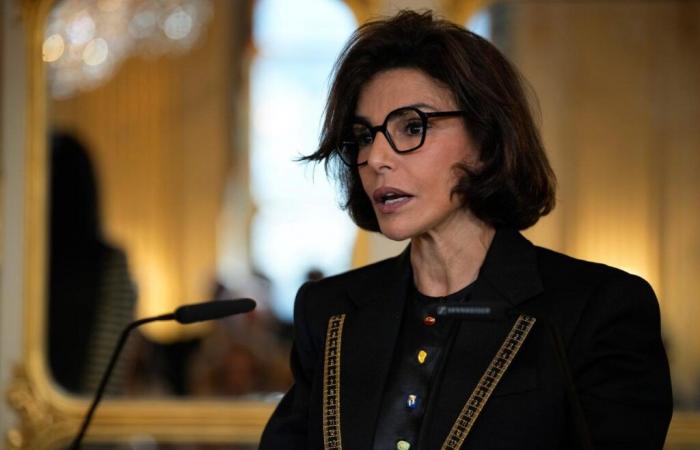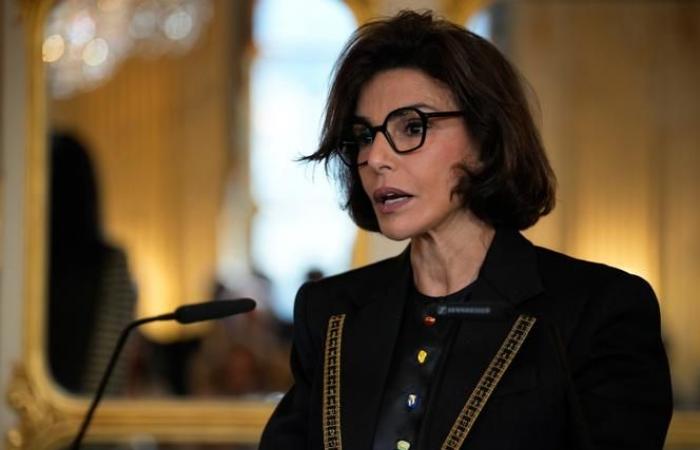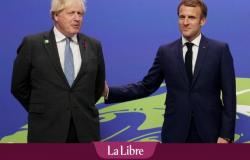In all the rich press kits distributed by Paris City Hall to present the four major strategic plans on the agenda of the Paris Council which opens this Tuesday, November 19, there is one big absentee, the symbol of the 'euro. Five hundred measures in the climate plan, fifty for the resilience strategy, forty-five for the environmental health plan, without forgetting a massive local urban planning plan, and almost not a single line on costing and financing.
Read also | Article reserved for our subscribers For Anne Hidalgo, a Paris Council that looks like an end-of-term report
Read later
If the 2025 budget will only be discussed and adopted at the next Council, scheduled for December, the question of the City's finances will nevertheless be at the heart of the discussions from this week. On the one hand, with the budgetary orientation debate which opens the agenda on Tuesday morning; on the other hand, above all, through the voice of the opposition, which strives to denounce the financial management and the lack of budgetary realism of the City of Paris. Although it is now split into three groups, the right is unanimous in criticizing the“budget impasse” of the municipal executive, which, according to her, “puts blame on the State and developments in the real estate market”as deplored by the Les Républicains (LR) group. In fact, these are the two arguments put forward by the Town Hall to justify financing difficulties.
Like all communities, Paris is affected by the savings measures requested by the government, totaling 5 billion euros, which result, according to the majority, in a « racket » from 300 to 350 million euros in the capital's wallet. In its initial version, the finance bill for 2025 represents a “huge threat” on the City's financing capacities, estimates Paul Simondon, deputy in charge of finance and budget. Even if the effort required of communities is ultimately reduced, as the Senate wishes, “successive governments have continued to erode the financial autonomy of communities, by removing local taxes over which they had the power to modulate rates, such as professional tax and housing tax”he insists
“Counterfire”
And “counterfire intended to camouflage Anne Hidalgo’s poor financial management”sweeps away the Changer Paris group of Rachida Dati (ex-LR), the mayor of 7e borough. As for the drop in revenue from transfer taxes for consideration (or, more prosaically, notary fees), a direct consequence of the crisis in the real estate market which is also affecting the municipal budget, “no one knows how to anticipate it”, defends Paul Simondon. This is not what the opposition thinks, which, like the MoDem, considers that the City has persisted in errors of assessment since the 2023 budget and therefore questions the “sincerity of the budgetary assumptions adopted” in the 2025 budget, which anticipates a market recovery.
You have 31.04% of this article left to read. The rest is reserved for subscribers.







